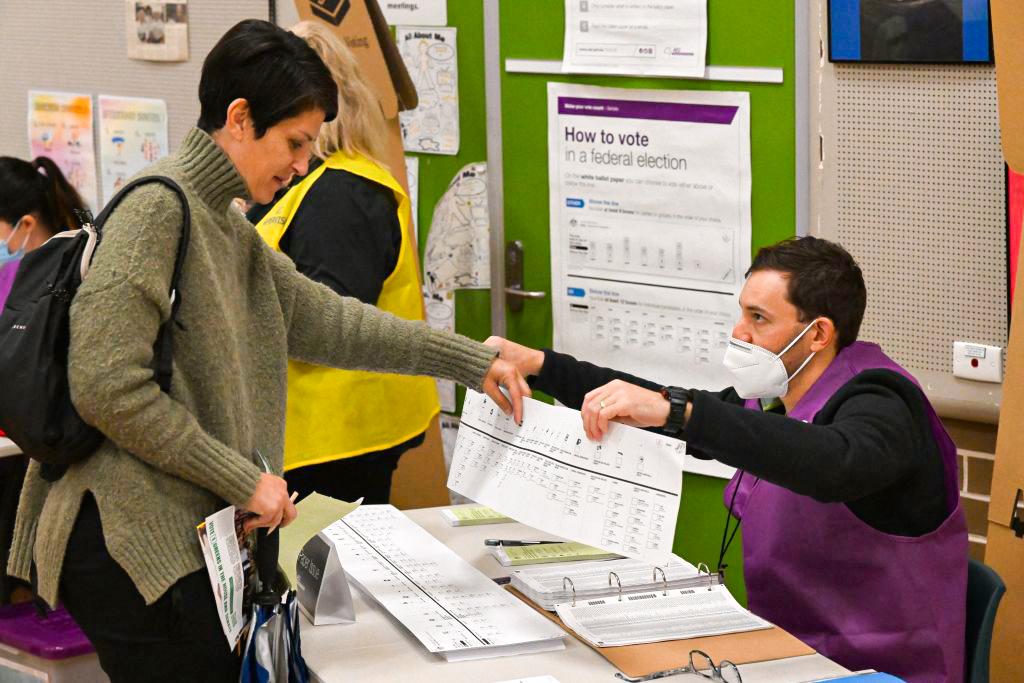Former special forces operative Heston Russell is stepping down as leader of the Australian Values Party citing the oversimplification of political debate in the country.
The Australian Values Party ran candidates (many with military backgrounds) in the May 2022 federal election, as well as the recent Victorian state election where the party did not manage to win a seat.





